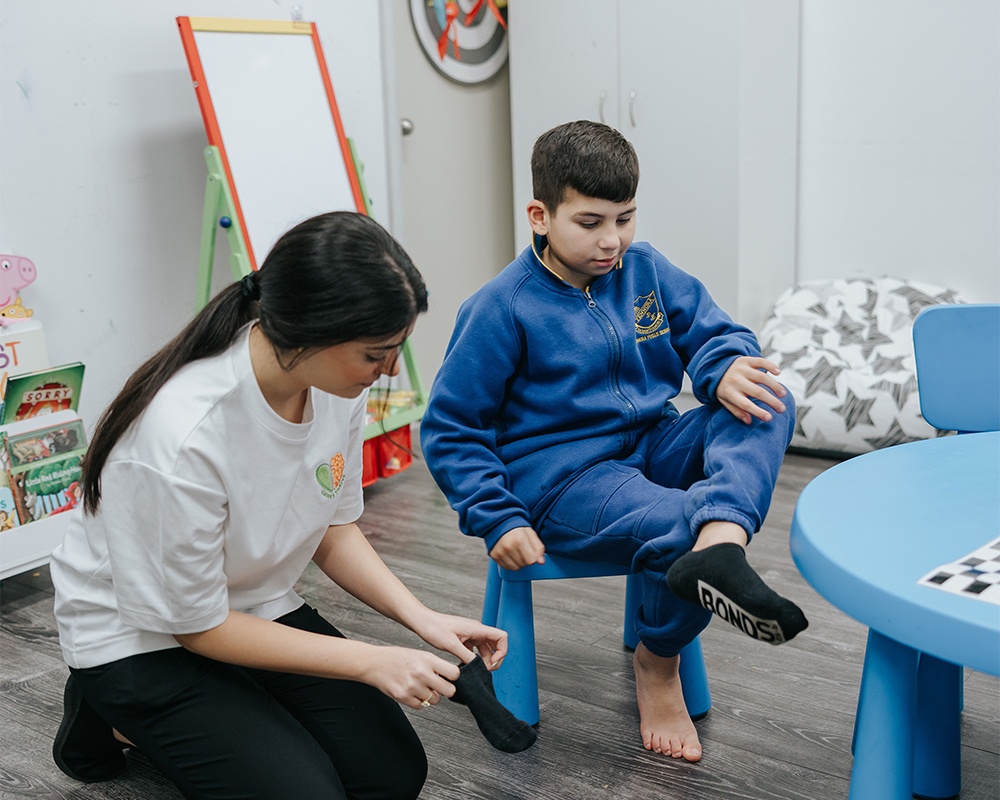Interventions from these trained professionals help develop the necessary skills for individuals by facilitating their engagement in activities that are:
These trained professionals are especially important in helping individuals with disabilities find and use strategies that support their access and participation in the community.
